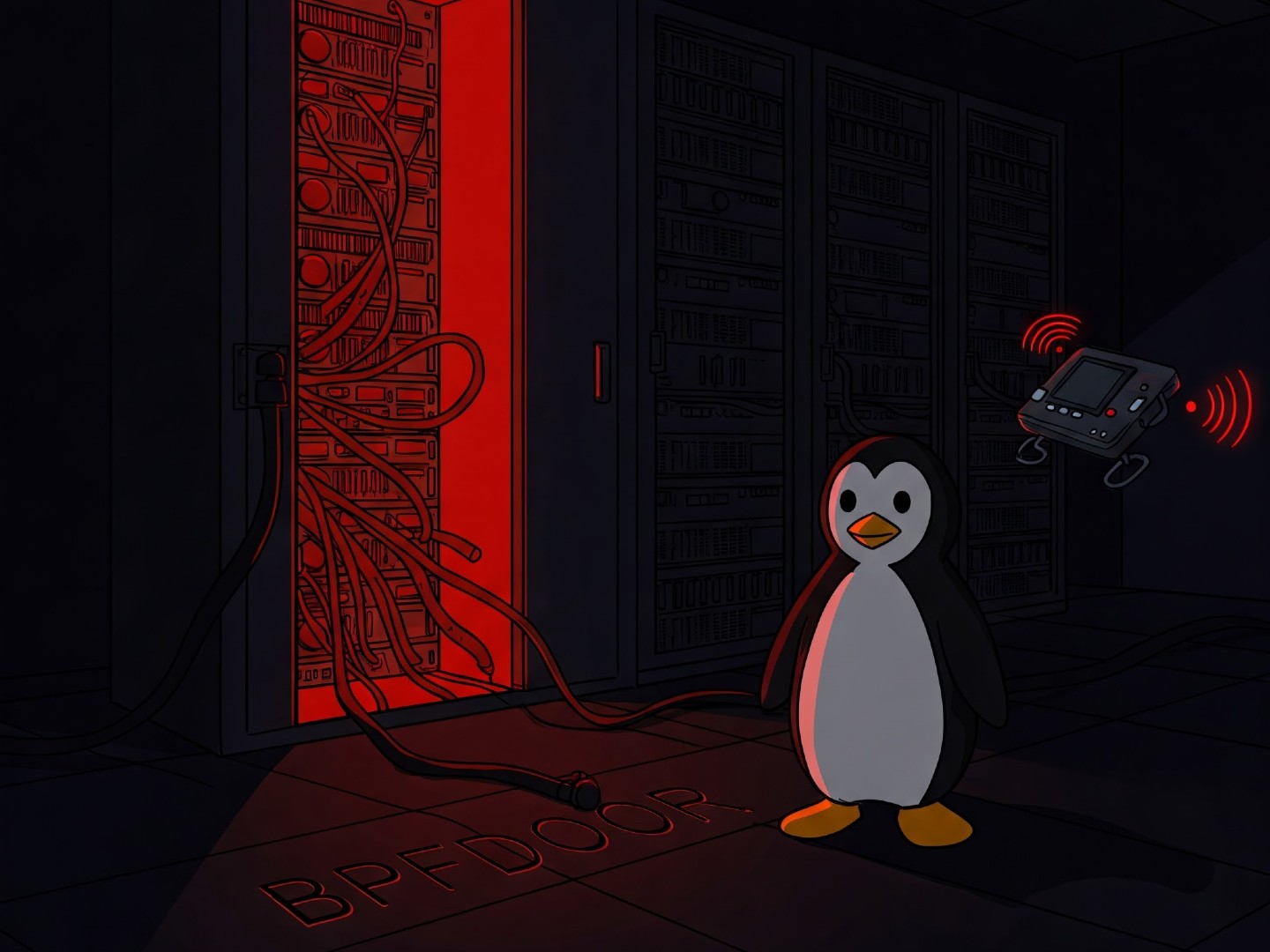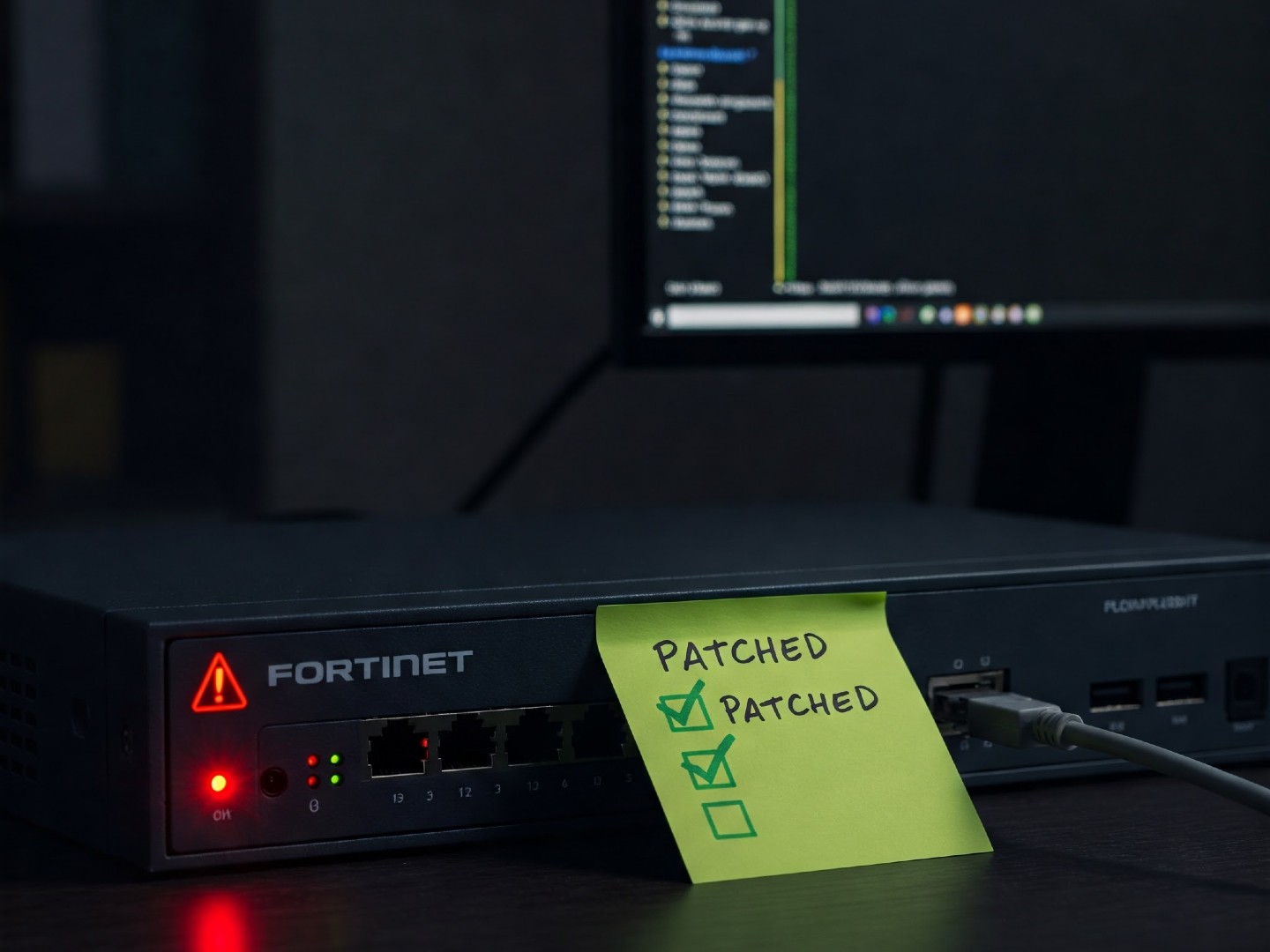Erlang/OTP Hit with Maximum Severity SSH Flaw
A severe vulnerability in Erlang/OTP's SSH implementation could allow attackers to remotely execute code without needing a password or any other form of authentication, security researchers have warned. The flaw has been assigned the highest possible CVSS score, indicating its critical impact.

A serious flaw has been discovered in the Erlang/Open Telecom Platform (OTP) SSH implementation. This isn't just a minor glitch; under specific circumstances, it could let attackers run code without even needing to authenticate.
The vulnerability, now known as CVE-2025-32433, has been slapped with the highest possible CVSS score: a perfect 10.0. Yikes!
Researchers at Ruhr University Bochum – Fabian Bäumer, Marcus Brinkmann, Marcel Maehren, and Jörg Schwenk – explained that this vulnerability grants network-level attackers the ability to execute arbitrary code on an Erlang/OTP SSH server *before* any authentication takes place.
So, what's the deal? It all boils down to how the system handles SSH protocol messages. An attacker can essentially sneak in connection messages before being authenticated. If successful, this could lead to arbitrary code execution within the SSH daemon itself.
But here's where it gets even scarier. If that SSH daemon is running as root (the administrator account), the attacker gains complete control over the entire device! Think unauthorized access, manipulated data, or even a full-blown denial-of-service (DoS) attack.
If you're running an SSH server that relies on the Erlang/OTP SSH library, you're likely affected by CVE-2025-32433. The recommendation? Update to versions OTP-27.3.3, OTP-26.2.5.11, or OTP-25.3.2.20 ASAP. As a temporary fix, you can use firewall rules to restrict access to your vulnerable SSH servers.
Mayuresh Dani, a security research manager at Qualys, told The Hacker News that this is an extremely critical vulnerability. He warned that it could allow attackers to deploy ransomware or steal sensitive information.
"Erlang is often found on high-availability systems because of its robust support for concurrent processing," Dani noted. "Many Cisco and Ericsson devices use Erlang."
Essentially, any service leveraging Erlang/OTP's SSH library for remote access – like those used in OT/IoT devices or edge computing – is at risk. Upgrade to the patched Erlang/OTP versions or vendor-supported versions to fix this. If patching takes time, limit SSH port access to only authorized users.




